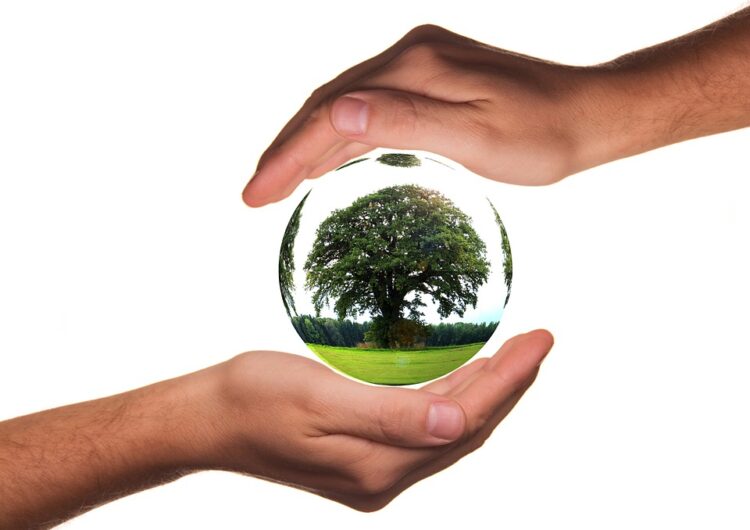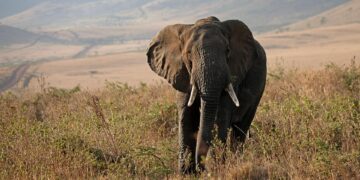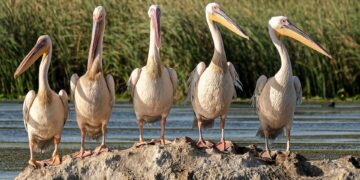[ad_1]
Guardians of the Earth: Preserving Ecosystems for Future Generations
As stewards of the planet, it is our responsibility to protect and preserve the ecosystems that sustain life on Earth. From the lush rainforests of the Amazon to the vast oceans teeming with marine life, each ecosystem plays a vital role in maintaining the balance of our planet. In recent years, the destruction of these ecosystems has accelerated at an alarming rate, threatening the very existence of countless species and the well-being of future generations.
The Importance of Ecosystems
Ecosystems are complex networks of plants, animals, and microorganisms that interact with each other and their physical environment. These interactions are essential for the survival of all living organisms, including humans. Ecosystems provide us with clean air, fresh water, fertile soil, and a stable climate. They also support biodiversity, which is crucial for the resilience and adaptability of ecosystems in the face of environmental changes.
However, human activities such as deforestation, pollution, and overfishing have put immense pressure on ecosystems around the world. As a result, many species are facing extinction, and the services that ecosystems provide are being compromised. If we continue down this path, we risk irreversibly damaging the natural systems that sustain life on Earth.
Preserving Ecosystems for Future Generations
Fortunately, there is still hope for the preservation of ecosystems. By taking action now, we can protect and restore the natural world for future generations. Here are some ways in which we can become guardians of the Earth:
1. Conservation
Conservation efforts are essential for protecting ecosystems and the species that inhabit them. This includes establishing protected areas, such as national parks and wildlife reserves, where biodiversity can thrive undisturbed. Conservation also involves sustainable management practices, such as sustainable logging and fishing, that ensure the long-term viability of ecosystems.
2. Restoration
Restoration is the process of repairing and rebuilding ecosystems that have been damaged or destroyed. This can involve reforestation, wetland restoration, and coral reef rehabilitation, among other activities. By restoring ecosystems to their natural state, we can help them recover and function properly once again.
3. Sustainable Practices
Adopting sustainable practices in our daily lives is crucial for reducing our impact on ecosystems. This includes reducing waste, conserving water, and using renewable energy sources. By making sustainable choices, we can reduce our carbon footprint and help preserve the health of the planet.
Common Questions About Ecosystem Preservation
Why is it important to preserve ecosystems?
Preserving ecosystems is essential for maintaining the balance of the planet and ensuring the well-being of all living organisms. Ecosystems provide us with essential services, such as clean air, fresh water, and fertile soil, that are necessary for our survival.
What are the consequences of ecosystem destruction?
The destruction of ecosystems can have far-reaching consequences, including the loss of biodiversity, disrupted food chains, and destabilized climate patterns. These consequences can have serious implications for human health and well-being.
How can individuals make a difference in ecosystem preservation?
Individuals can make a difference in ecosystem preservation by adopting sustainable practices in their daily lives, supporting conservation efforts, and advocating for environmental protection. By taking action now, we can help protect the natural world for future generations.
In Conclusion
As guardians of the Earth, it is our duty to protect and preserve the ecosystems that sustain life on our planet. By taking action now, we can ensure that future generations inherit a healthy and vibrant natural world. Together, we can make a difference and become true stewards of the Earth.
[ad_2]












